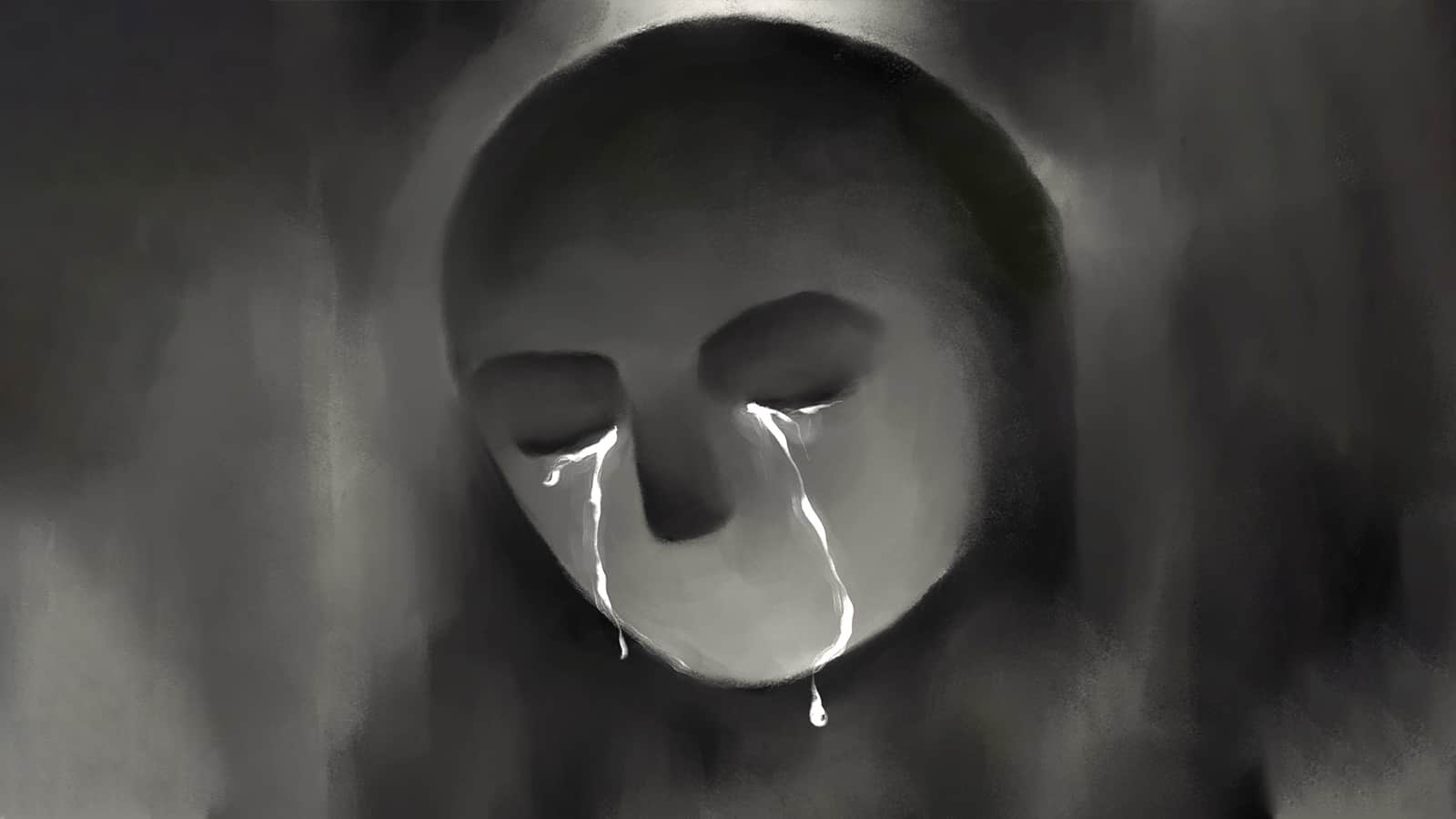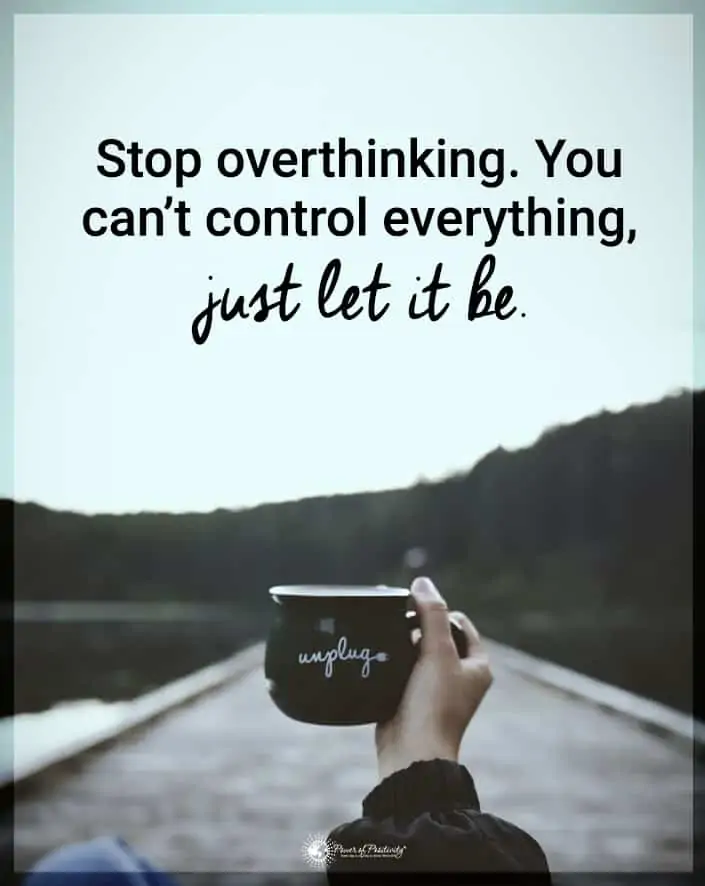Irritability and exhaustion have become normal feelings for many people. You might snap at others and feel guilty or overreact and experience shame. However, these negative feelings aren’t normal, and you could be depressed when you feel tired and irritable regularly.
You might feel tired and short-tempered if you’ve recently gone through a situation that left you mentally exhausted. However, if the feelings aren’t temporary, it could signify a much bigger issue, such as depression. Fatigue affects more than 90% of those with mental health conditions, so there is a clear correlation.
Many people think that fatigue is a cause of depression, but that isn’t accurate. However, depression causes a severe drop in energy levels for seemingly no reason. The other signs of depression worsen fatigue and irritability, causing it to interfere with every area of your life.
You can positively change lives if you know how depression causes exhaustion. It’s also essential that you know how to tell if depression is the cause of your fatigue and how you can feel well-rested. Knowledge helps with overcoming mental health conditions and promoting your overall well-being.
What Is Irritability?
Irritability is when you become annoyed over little things. You’ll be over-sensitive to what other people say or do, and you’ll be more sensitive about your environment. The situations you put up with daily will start to feel impossible, and you might feel like you don’t know how to get through.
You snap at others when you don’t know how to deal with the situation or feelings. You might say hurtful things or make someone feel bad for talking to you. When depression is the cause of your irritability, you’ll experience a foggy brain, too, worsening the issue.
How to Know If Depression Is Causing You to Feel Tired
When you’re tired all the time, it makes it difficult to engage in your daily life. You’ll realize that you socialize less, struggle to focus at work and experience a change in your appetite. Additionally, your activity levels might diminish.
To determine if depression is causing you to feel tired and grumpy, you’ll want to look for other symptoms. General fatigue isn’t enough to signify depression on its own, but it’s a sure sign when it’s paired with other symptoms. If you experience multiple depression symptoms regularly over two weeks, it indicates depression.
Depression affects how you think, act, and feel, so identifying the signs of depression can help you cope with your symptoms. If you experience any other signs, too, depression could be the cause.
Eight Signs and Symptoms of Depression
There are many signs and symptoms of depression. If you only experience one sign, it might not be depression. However, you could have depression if you experience more than one of the following signs for two weeks or more:
- Decreased motivation
- Loss of interest in pleasurable activities
- Everyday tasks become difficult, including eating, showering, and getting dressed
- Difficulty sustaining focus
- Inability to concentrate
- Difficulty processing information
- Struggling to form emotional connections
- Feeling hopeless
How to Tell If Depression Is Not the Cause of Irritability or When You Feel Tired
If you don’t think it’s depression, there are a few indicators that you need more sleep. One sign is that you want to do things but don’t have the energy to do them. With depression, you won’t even desire to do the things you once enjoyed, and it won’t be because you feel tired.
Another way to tell if it is not depression-related fatigue is to feel better after getting some sleep. If you get a good night’s sleep and your mood improves, it’s likely general fatigue. Depression-related fatigue doesn’t get better after rest, indicating other underlying issues.
How Depression Makes People Feel Tired and Irritable
1. It Acts on Neurotransmitters
Depression can be debilitating and exhaust people because it affects neurotransmitters that affect alertness and your internal reward system. The neurotransmitters dopamine, norepinephrine, and serotonin fluctuate when someone experiences depression, affecting energy levels, sleep, appetite, motivation, and pleasure.
2. Depression Affects Your Ability to Sleep
When you experience depression, it affects your ability to sleep, creating an unfortunate cycle. Then, the fatigue sets in, exacerbating your depression signs. You might have trouble falling asleep or staying asleep long enough to get rest. You might also wake up too early or not be able to sleep deeply.
3. When You Feel Tired and Depressed, It Takes a Toll on Motivation
Depression can cause a severe decrease in your motivation levels. Doing simple tasks makes you feel physically and emotionally exhausted, so anything more seems impossible. You might struggle to dress, buy groceries, or say hello to others.
Plus, it causes brain fog, making it hard to complete thoughts and make decisions. These issues expend exponential energy levels, leaving you feeling tired and short-tempered. If you push yourself to get things done, you’ll feel even more exhausted, creating an endless cycle.
4. Depression Limits Your Tolerance Level
Your tolerance level won’t be very high when you wake up tired and grumpy. Most people wake up without feeling this way, so it takes much more to set them off. However, if you feel grumpy from the moment you wake up, then your window of tolerance will fill up much more quickly.
You’ll snap at people more often when you’re constantly functioning on a window that never gets empty. This mindset makes you feel tired because it seems you’re always dealing with things that irritate you. Everyone needs a break from irritation to decrease their window of tolerance, but depression doesn’t always allow that to happen.
5. It Causes Hypersensitivity When You Feel Tired and Constantly Depressed
Depression makes you overly sensitive to everything around you, affecting your senses. Lights might seem brighter, sounds become louder, and textures are more pronounced. Hypersensitivity can be hard to deal with on top of all the other feelings you experience.
When you’re constantly working to overcome irritation, sensory overload is the last thing you need. It becomes too much for you, making you feel exhausted.
6. It Makes You Frustrated
Depression commonly causes frustration because you want to be happy and get things done but can’t get past the issue. You will likely struggle to make sense of things, and your mind will continually race. When those things happen, it creates frustration because you want a better mindset and react differently.
While frustration might not seem like a big deal, it can quickly make you tired and irritable. You won’t want to keep trying when you feel you can’t get your words and ideas out.
7. It Causes Brain Fog When You Are Depressed and Feel Tired
Depression causes brain fog, making it hard to understand your feelings or thoughts. It might cause you to feel disoriented, which is a scary sensation. When this happens, you’ll struggle to understand what people say or do.
You might also have a hard time making sense of your environment. No matter how subtle, the fear associated with brain fog can make you lash out from irritation. Plus, you’ll be so busy trying to make sense of your thoughts that the irritation only worsens. Before you know it, you’re exhausted from trying so hard and trying to maintain your composure.
8. It Causes Overwhelm When People Try to Help
Your loved ones have good intentions and want to help you feel better. However, their undesired help can cause irritation and overwhelming frustration instead of improving things.
Even the most well-meaning people can exacerbate your depression symptoms, making you feel tired. When people try to help, it can make you feel like you’ve lost all control of your life and the situation.
9. You Rely on Routines and Patterns
People with depression rely on routines and patterns to make sense of the world. Routine makes you feel in control of your life, allowing you little bits of stability in times of uncertainty. If your routines get thrown off for any reason, it can cause you to feel tired.
10. Depression Causes Memory Problems
Depression affects memory, and it wears you out when you can’t remember things. People who have learned to manage their memory issues have ways of coping. They make lists, write everything down, or take pictures of things to remember later.
Whether your coping mechanisms are conscious or not, they help you feel in control of your life. When their coping mechanisms aren’t in place, it can quickly make you tired and short-tempered.
Final Thoughts on Psychiatry Explains How Depression Makes People Feel Tired and Irritable
Depression affects every part of a person’s life, and it can make you feel tired and irritable. Now that you know why depression makes you feel cranky and tired, you can better understand the issues.
Knowledge helps you overcome depression and get the sleep you desperately need. Plus, identifying depression as the culprit can help you improve your mental health. You’ll learn how to overcome the symptoms, allowing you to live a fulfilling life.



















